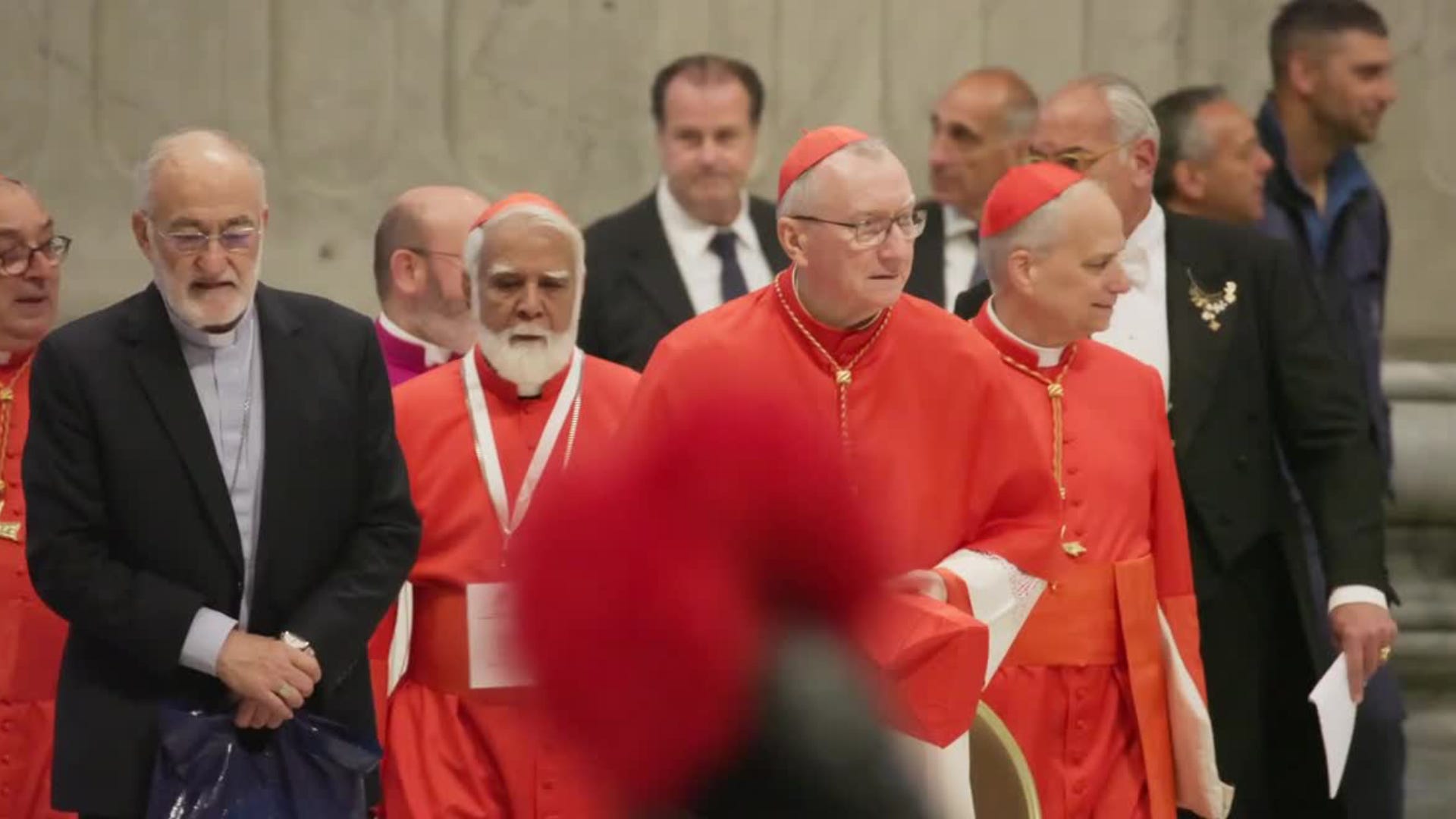How a Chicago native became pope: See Robert Francis Prevost's path to making history

The smoke is white.
For the first time, the pope is from the United States.
The world's 1.4 billion Roman Catholics have a new spiritual leader, the 267th pontiff to lead the nearly 2,000-year-old church.
Robert Francis Prevost, a Chicago native, was selected by the papal conclave on May 8 after 2 days, elected by the College of Cardinals to succeed Pope Francis, who died April 21 at the age of 88.
Prevost, 69, has taken the name Leo XIV.
Prevost's selection was a surprise, as he was not among some of the top contenders expected to succeed the progressive, popular Pope Francis. He was ordained in 1981 as a member of the Order of Saint Augustine.
He holds a bachelor's degree from Villanova University, outside Philadelphia, and a master's in divinity from Catholic Theological Union in Chicago. He also holds a doctorate in canon law.
Successor to Francis, 'the people's pope'
Prevost will succeed a groundbreaking, pioneering pope whose progressive positions, emphasis on inclusivity and ability to connect with people all over the world, from all backgrounds and across different faiths, made him a beloved religious figure, even in secular realms.
Prevost was pastor of vocations and director of missions for the Augustinian order in Chicago and worked in Peru for several years teaching canon law. He also served as a parish pastor, diocesan official, seminary teacher and vicar. He served two terms as the head of the Augustinian order, until 2013.
In 2014, Francis appointed him to an administrative posts in Peru, and became bishop here, as well vice president of the Peruvian Bishops Conference until 2023.
His most recent position, prefect of the Dicastery for Bishops, was a powerful one: He was responsible for selecting bishops. He was elevated by Pope Francis to the rank of Cardinal in September 2023.
Addressing the faithful in St. Peter's Square in Italian and Spanish, Prevost is the first pope to be a native English speaker.
Similarities, differences from Pope Francis
Prevost's positions are reportedly similar to those of Francis, particularly on the environment and outreach to the poor, the marginalized and migrants. "The bishop is not supposed to be a little prince sitting in his kingdom," he's said, signaling an impulse to meet people where they are, and perhaps an approach to the papacy that will mimic Francis' common touch.
He's also supported Pope Francis' allowing divorced Catholics and those married outside the church to receive Communion, though his support for LGBTQ+ people is less clear.
Pope Francis, a native of Argentina, was the first pope from the Americas and the first Jesuit pope. Born Jorge Bergoglio, in Buenos Aires to parents who had emigrated from Italy, he had a lifelong affinity for immigrants, refugees and the poor.
Francis eschewed a lot of the pomp and pretense of the papacy, living in a simple apartment, riding in a Fiat and adopting a more humble, accessible air than most of his predecessors. He'd worked to modernize the 2,000-year-old church and reached out to people previously marginalized or shunned by the church, including LGBTQ+ people and divorced people.